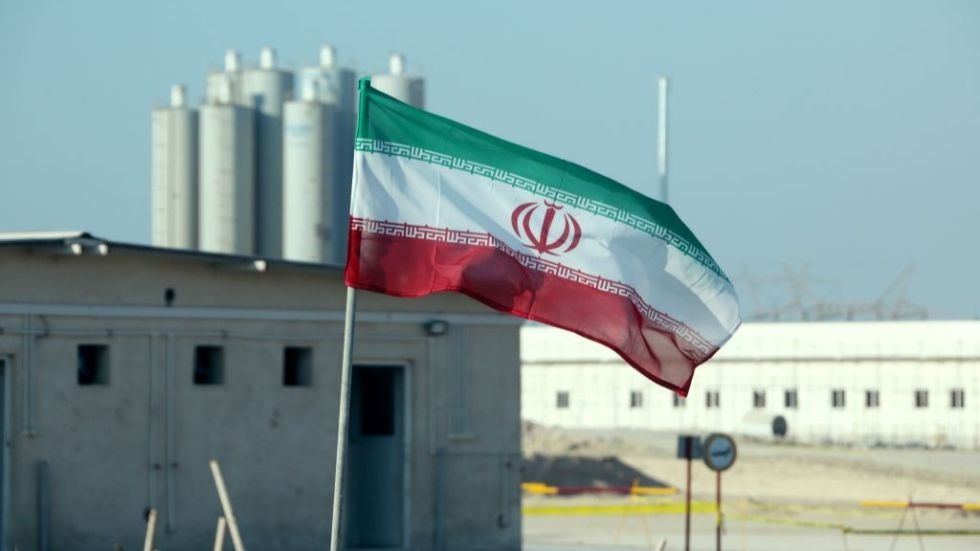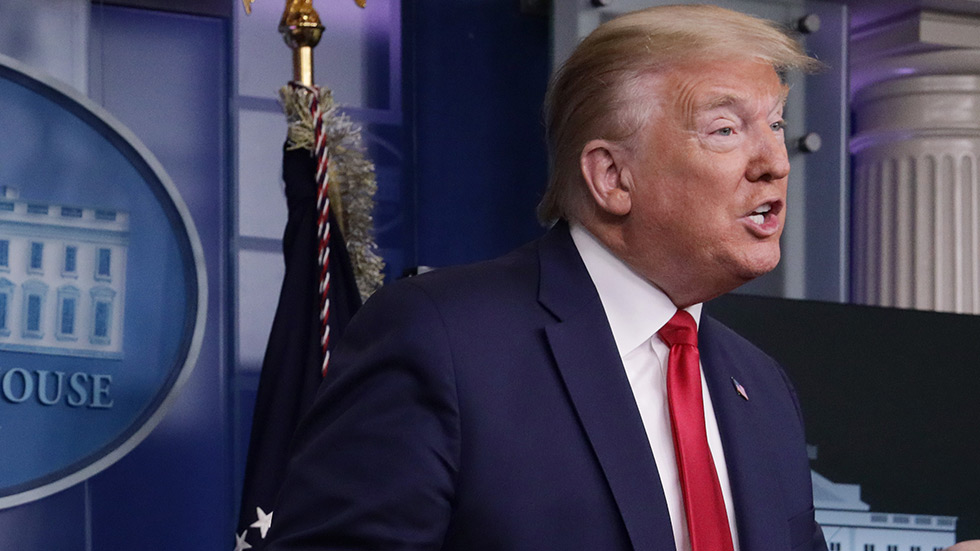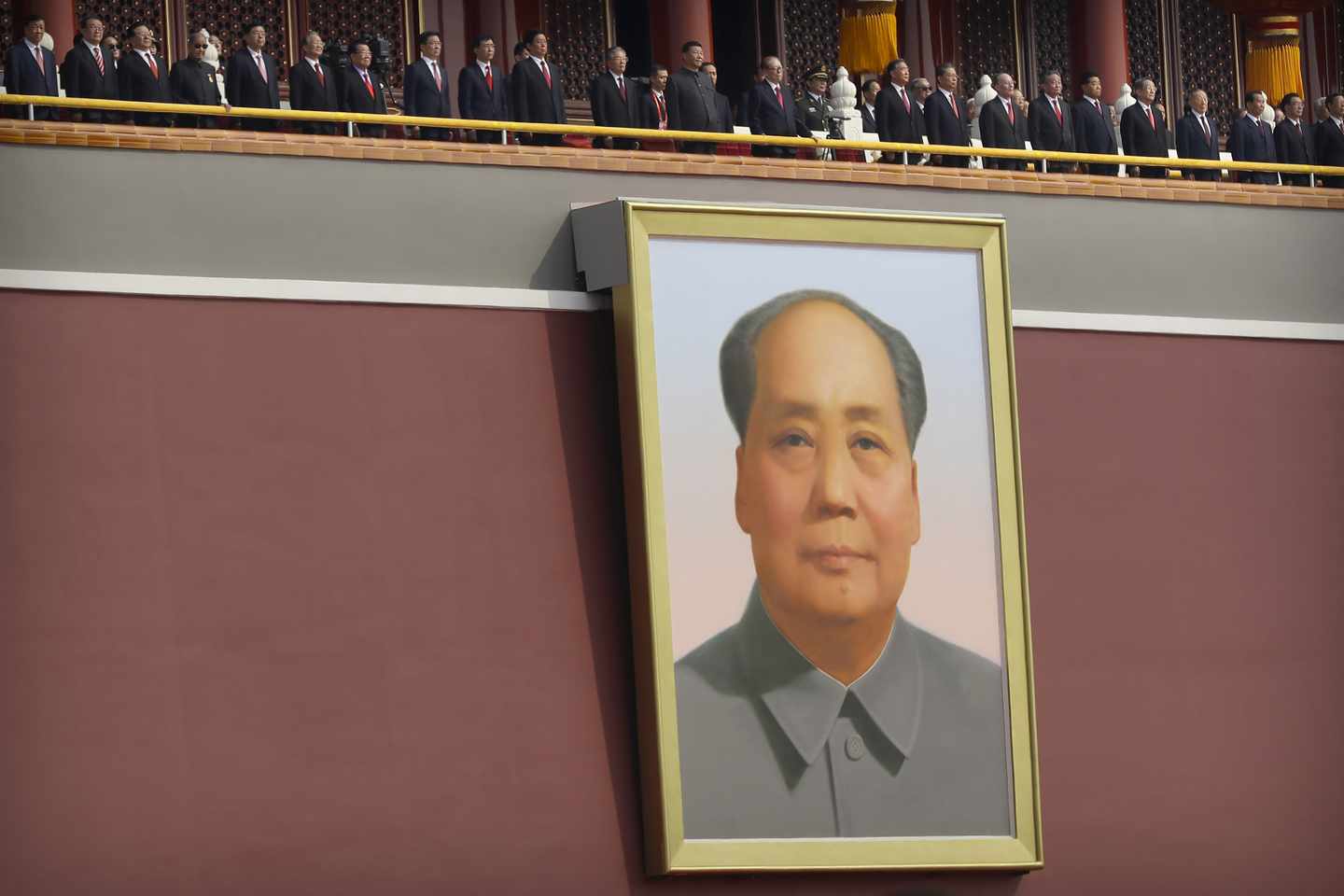Which is irrelevant since it was a Russian decision to end the Soviet Union.
The Russians had only spent the last 70 years brutally crushing Ukrainian independence movements whenever they popped up.
While both those statements are perfectly true (well, closer to 100 years at this point), they also are perfectly irrelevant to the subject at hand. The cause is neither here nor there - but the effect is what it is.
Just pointing out that you completely mischaracterized the factors at play to produce your hypothetical. Now you are arguing for effect.
The Russians made a choice. And there were other choices they could have made (see below) for mitigating that original choice.
They elected not to do that especially in a period where the US was paying for their warheads to be dismantled and bending over backwards
to help out in general.
And I STILL fail to see the difference (other than timing) between GBSD and Topol-M/Yars or Borei and Columbia, for example. What am I missing?
The evidence for the hull life of the Ohio class. The evidence for the lifespan, maintainability and supplier base of MMIII esp. wrt
the number of glory trips required per year. All public domain. No such evidence is available for the Russian systems.
Somehow, the UK is fine with its strategic missiles (and the RVs and the warheads actually) being manufactured by someone else.
And that someone else isn't literally next door and totally dependent economically on a single buyer.
Talk about a red herring. The UK is not party to the relevant treaty and quite apart from that it is probably no accident that it is a singular exception in adopting such an approach.
At least its supplier hasn't expressed an interest in joining the Warsaw Pact (if it still existed).
It was a plausible approach for the Russians to have taken vis-a-via Ukraine in the period 1991 - 2013 (?). They didn't.
The Russians were offered NATO membership. They declined. So they and Ukraine could have been part of another alliance all over again.
Trident post: 395530 said:
Were the Soviet ABM Treaty violations which were detected clandestinely
evidence of an honest and dismissible mindset? It was breakout capability after all.
No. They do provide a pretty good example of the contingency provisions in an arms control treaty working as designed, though. So thanks for making that point for me.
The Russians cheated. They got caught cheating through a massive clandestine effort that was not part of the treaty.
They then stopped cheating in that manner. And moved on to other cheating see Krasnoyarsk.
And of course the ABM treaty compliance body was incapable of applying sanctions. So why not continue to cheat?
Besides, I would be *very* careful about invoking ABM of all things as an example of the US holding the moral high ground in treaty matters - there are a couple of skeletons in the closet there that arguably simply slid by the Soviets.
Go ahead and bring them out.
That SAM-D (Patriot) was strictly limited in engagement velocities was the best example of the US scrupulously
abiding by the treaty to a ludicrous degree.
One man's violation is another man's "contentious interpretation". Which is why it is so nonsensical to get worked up over technicalities (even though strictly speaking they may amount to a violation) and ditch a treaty that is fundamentally sound. If the Russians start cranking out warheads tomorrow, by all means leave, but the kind of stuff that is going on with Open Skies is just ridiculous. It's so obvious that the Trump admin simply wants out, but is too cowardly to just do it without a pathetic technicality as a fig leaf.
Treaties are "enforced" by a diplomatic corps that has a vested interest in not leaving. Diplomats don't like spats or ruptures.
It's the same corps that was opposed to using MELODY to detect Soviet cheating under the ABM Treaty.
So no violation is ever likely produce a breach. And none of the treaty compliance bodies can apply or enforce sanctions.
And the inspection protocols are deliberately designed *not* to find violations: inspectors can be held at a distance of 50 meters.
The high-fidelity SCUD TEL decoys the Iraqis cobbled together by 1991 could not be distinguished from the real thing from
a signature perspective until you were under 22 meters.
Vast? You have got to be joking. It covers the grand total of one city
The late 80's system had a defended area of many thousands of square miles. The defensive complexes were 50 miles away from Moscow itself.
At its upper bound, they could have defended a good chunk of European Russia.
Trident post: 395530 said:
and has been reduced to only the short-range endo-atmospheric component nowadays. At the end of the day, the fact remains that even if ABM were still in force, this "vast" system would be in compliance with its provisions, where GMD and Aegis Ashore would not.
Short-range endo: makes complete sense given the general de-MIRVing of the US arsenal under START+. Just wait for atmospheric strip-out of the decoys.
Aegis Ashore has no utility against strategic weapons. And the radars meet no plausible definition under the ABM treaty.
GMD is not credible against a Russian threat of practically any size. They know that.
I suspect you are simply quoting him out of context there.
I'm not. There are too many direct quotes from period. Particularly what Putin said on Russian national television.




